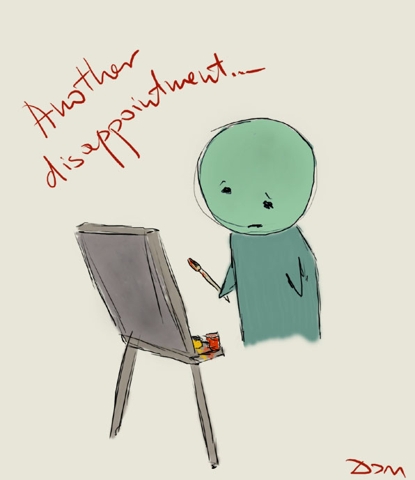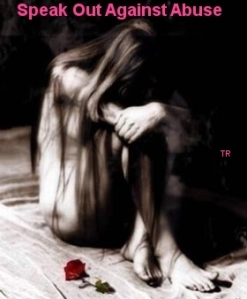
“Emotional abusers expect more from their partners than they are willing to put into a relationship. The problem is, no matter how much the partner gives, it will never be enough, and the abuser will expect more – because the relationship isn’t about love for the abuser, it’s about control.
The more independent a partner becomes, the more abusive the abuser will be, because he sees he is losing control of his partner.
Emotional abusers expect to be forgiven for their “mistakes” (otherwise known as abuse) but are unable to forgive their partners for legitimate mistakes – and will continue to “punish” their partners for those mistakes, long after apologies and restitution have been made.
“Emotional abusers expect their partners to change for them. Unfortunately, the changes the partner makes will never be enough – the abuser will always want more.
The abuser says it’s not completely his fault, or she pushes his buttons, or that something she did triggered him to do or say something hurtful or damaging to her.
Emotional abuse can take the form of him insisting that she isn’t spending enough time with him, forcing her to “prove her love” by booking extra time and adjusting her life and her schedule around him, so that he can then reject any suggestions she has for activities, and act disinterested when they do have time together.
When she tries to make plans with him, the abuser will remind her in a condescending way of how poor she is at planning and how he doesn’t believe that the plans will work out. Over time, comments like this insidiously undermine her self-confidence, by telling repeatedly that she is untrustworthy. Her untrustworthiness becomes yet another excuse for him to “punish” her with abusive language or actions.
Another emotional abuse tactic is to reject activities that she suggests and then do them with other people – letting her know that he is doing them with other people – establishing control and implying that she is not worthy of doing the activities with him, but other people are.
An emotional abuser will often use condescension as an effective tool in manipulating and hurting his partner. In expressing his own internal anger, he targets his partner. But because she has done nothing to “deserve” his anger at this point (or any point!), he may be rude, brutally inconsiderate, condescending, patronizing, or even use the “silent treatment” to get her upset or angry. When his partner gets upset, and an argument ensues, he can then express his anger at her, and blame the fact that she “got angry” at him, for the whole argument – even though HE started it. Don’t let him convince you that your anger at his disrespect and emotional cruelty, is somehow wrong or abusive to him. That is part of his control and escalating cycle of abuse technique.
As part of this “control” technique, the abuser may “set up” his partner, pushing as many buttons as possible to get the partner to lose control by breaking down in tears or getting angry or yelling. If you raise your voice, he will insist that YOU are the abuser. Don’t buy it, and don’t believe it. While there might be better ways to handle the situation, (more easily enacted if you weren’t emotionally involved with this person), chances are that he has inflicted so much psychological warfare that you have been backed into an emotional corner, and are reacting in self-defense. Emotional reactions in self-defense to an abusive situation do NOT make YOU an “abuser”.
One of the more subtle but effective ways an abuser can “wind” his partner up is by invalidating/rejecting/showing no compassion for the feelings of his partner – especially in conjunction with a deliberate act of malice that was designed to upset or hurt the partner. He will claim the act was either “accidental” or intended to help the partner. He will try to tell his partner that it is NOT OK to feel angry or hurt or upset by his actions – or that if she DOES feel those things, her “feelings are her own” – that he has no responsibility towards repairing any emotional damage he may have caused. As part of this tactic he may pay lip-service to personal responsibility by saying he “takes responsibility” for his actions, but then make no offer to do anything about the resulting emotional pain, or say that there is nothing he can do to repair the damage or make restitution. If she tries to get him to do anything to make restitution he will use the word “blame” as if it is a dirty word, and accuse her of trying to lay “blame” on him for his actions. This is the functional equivalent of someone using a board to “fan” you and when he “accidentally” hits you over the head, telling you that he was just trying to HELP and that if you feel PAIN, well, your feelings are your own, and he can’t be responsible for YOUR feelings, and there is nothing HE can do about it now… Non-abusers who genuinely ACCIDENTALLY hurt a loved one’s feelings, do not refuse to nurture those feelings – they help repair the emotional damage, and they don’t repeatedly make the same “mistakes” over and over with their partners.
The flip side of this, of course, is that emotional abusers want to reap the emotional rewards for being nice and doing “good” things for their partners – they want the affirmation, appreciation and attention they feel they deserve when they do something positive for a partner.” Natalie P












Leave a comment